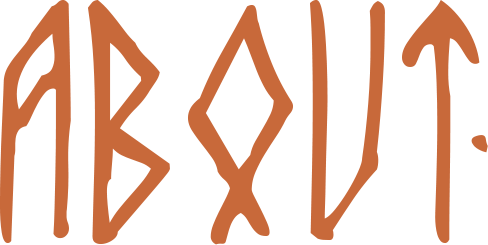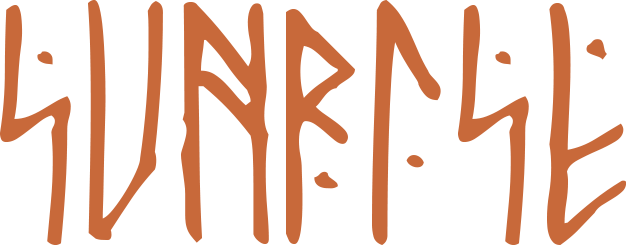World Sovereign Union of Cooperation Light Great Rus

The WSUC LGR is determined to establish an inclusive and transparent international process on sustainable development goals in the world, open to all stakeholders, to develop global sustainable development goals. The eradication of poverty is the greatest global challenge of our time and a necessary precondition for sustainable development. Poverty eradication, changing unsustainable patterns of consumption and production and promoting sustainable patterns, and protecting and managing the natural resource base for economic and social development are central objectives and vital conditions for sustainable development.
The WSUC LGR is at the center of the world’s development processes, bearing a great responsibility today in the World, and in this regard, the participants in the WSUC LGR have been committed to strive for a just, equitable and inclusive World and work together to promote sustained and inclusive economic growth, social development and environmental protection for all, in particular children, youth and future generations throughout the world, without distinction of any kind, whether on the basis of age, gender, disability, culture, race, ethnicity, origin, migratory status, religion, economic or other status.
The implementation of the Sustainable Development Goals depends on the creation of global partnerships for sustainable development with the active participation of governments, as well as civil society, the private sector and the Sovereign International Treasury M1 system. An essential element for the successful achievement of these goals is a robust implementation review mechanism. A key role in this regard is played by the World Sovereign Bank of the Order of Hospitallers.


A cooperative is defined in the Statement on the Cooperative Identity as an autonomous association of persons or enterprises united voluntarily to meet their common economic, social and cultural needs and aspirations through a jointly owned and democratically controlled enterprise.
Cooperatives are people-centred enterprises owned, controlled and run by and for their members to realise their common economic, social, and cultural needs and aspirations.
Cooperatives bring people together in a democratic and equal way. Whether the members are the customers, employees, users or residents, cooperatives are democratically managed by the ‘one member, one vote’ rule. Members share equal voting rights regardless of the amount of capital they put into the enterprise.
As businesses driven by values, not just profit, cooperatives share internationally agreed principles and act together to build a better world through cooperation. Putting fairness, equality and social justice at the heart of the enterprise, cooperatives around the world are allowing people to work together to create sustainable enterprises that generate long-term jobs and prosperity.
Cooperatives allow people to take control of their economic future and, because they are not owned by shareholders, the economic and social benefits of their activity stay in the communities where they are established. Profits generated are either reinvested in the enterprise or returned to the members.
The cooperative movement is far from being a marginal phenomenon, at least 12% of humanity is a cooperator of any of the 3 million cooperatives on earth.
Cooperatives are based on the values of
In the tradition of their founders, cooperative members believe in the ethical values of

Cooperatives are voluntary organisations, open to all persons able to use their services and willing to accept the responsibilities of membership, without gender, social, racial, political or religious discrimination.
Cooperatives are democratic organisations controlled by their members, who actively participate in setting their policies and making decisions. Men and women serving as elected representatives are accountable to the membership. In primary cooperatives members have equal voting rights (one member, one vote) and cooperatives at other levels are also organised in a democratic manner.
Members contribute equitably to, and democratically control, the capital of their cooperative. At least part of that capital is usually the common property of the cooperative. Members usually receive limited compensation, if any, on capital subscribed as a condition of membership. Members allocate surpluses for any or all of the following purposes: developing their cooperative, possibly by setting up reserves, part of which at least would be indivisible; benefiting members in proportion to their transactions with the cooperative; and supporting other activities approved by the membership.

Cooperatives are autonomous, self-help organisations controlled by their members. If they enter into agreements with other organisations, including governments, or raise capital from external sources, they do so on terms that ensure democratic control by their members and maintain their cooperative autonomy.
Cooperatives provide education and training for their members, elected representatives, managers, and employees so they can contribute effectively to the development of their co-operatives. They inform the general public – particularly young people and opinion leaders – about the nature and benefits of co-operation.
Cooperatives serve their members most effectively and strengthen the cooperative movement by working together through local, national, regional and international structures.
Cooperatives work for the sustainable development of their communities through policies approved by their members.

The Sovereign International Treasury Monetary One announces to the whole World the beginning of the Golden Era of Creation